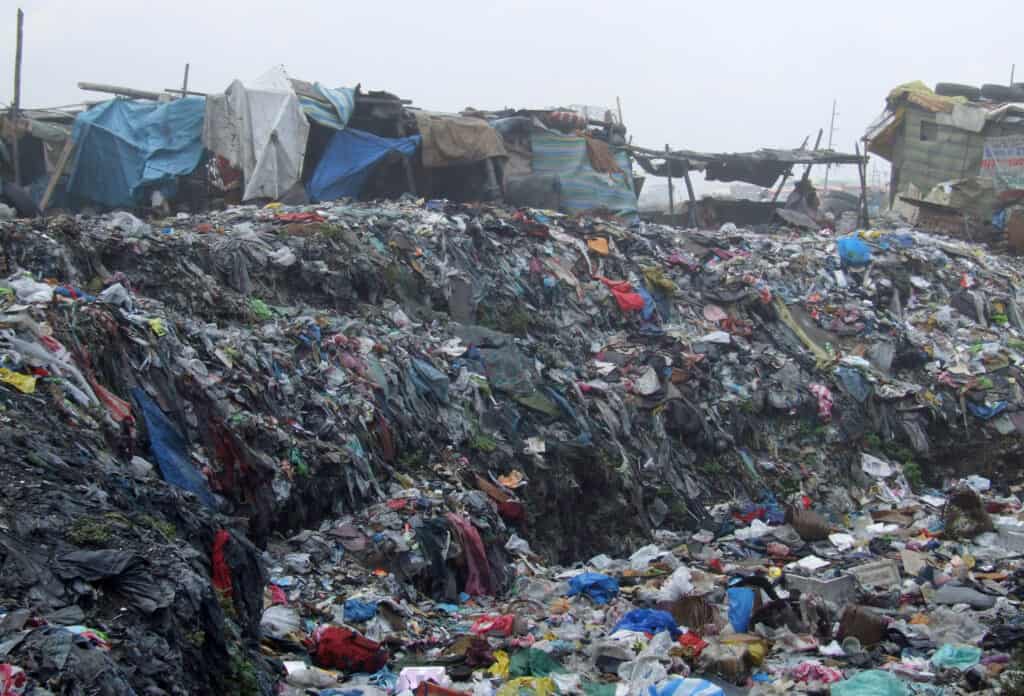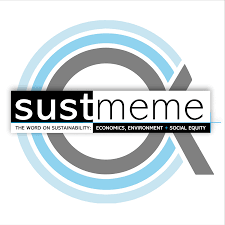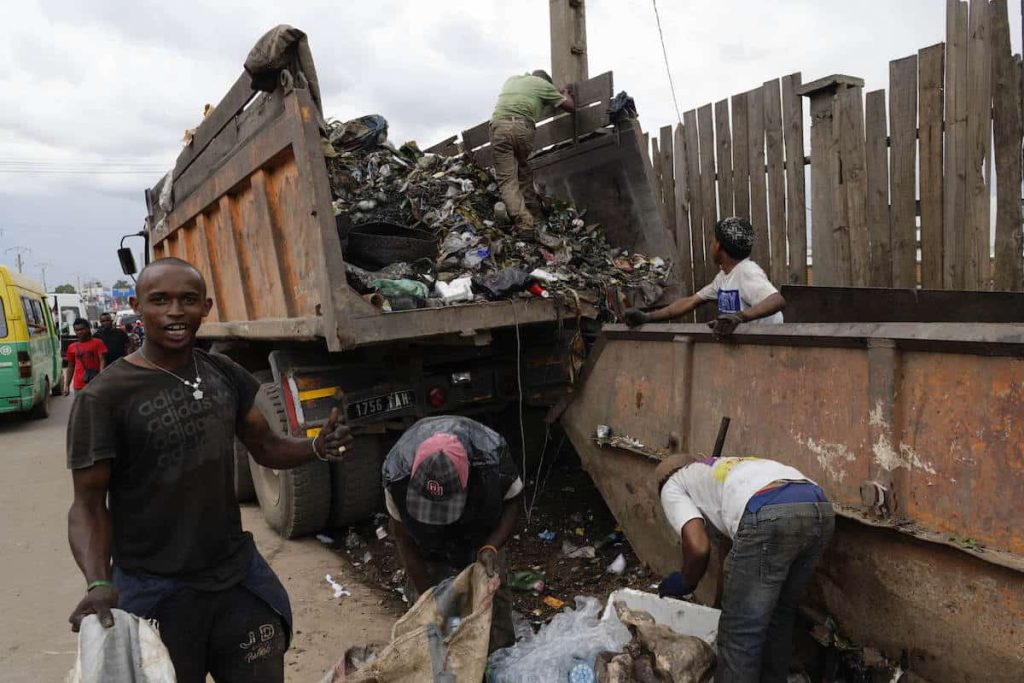The transition to a circular economy could lead to the creation of millions of green and valuable jobs worldwide. However, a new report reveals a lack of research happening in developing countries, in the Global South, where the vast majority of these employment prospects in waste management and recycling are actually going to be located.
The use, re-use and recycling of products helps combat climate change, which is especially important to the many vulnerable nations and island states in the Global South. To be truly sustainable, though, this development shift must be founded on informed policies that promote both social and environmental benefits, fairly and affordably.
Decent work for underrepresented people
The report has been produced by the International Labour Organization (ILO), the Solutions for Youth Employment (S4YE) Programme at the World Bank, and Circle Economy – a non-governmental organisation that promotes sustainable development and the circular economy.
It has been estimated that a total of seven to eight million new jobs could be created in the circular economy, where all forms of waste, such as clothes, scrap metal and obsolete electronics are reused, recycled and refurbished. This circularity drive not only helps to protect the environment, but also contributes to the better use of natural resources and supports the development of local economies.
According to the new report, Decent Work in the Circular Economy: An Overview of the Existing Evidence Base, current research on jobs in the circular economy fails to fully address the impact circular economy interventions have on people in countries in the Global South, atypical workers, women, migrants, youth and vulnerable populations.
The report finds that 84% of research combining decent work and the circular economy focuses on countries in the Global North. Sub-Saharan Africa, Eastern Europe, the Middle East and North Africa were the least represented regions – despite the fact that most circular economy activities are now located in the Global South.
Moreover, while 73% of workers in low-income countries are employed in the informal economy, most research concerns formal, regulated work.
There is still a pressing need to take a more systemic approach to realising the potential of the circular economy, says Alette van Leur, Director of the Sectoral Policies Department of the ILO:
“There is no doubt that a circular economy can help us reach our climate goals. However, the links between circularity and the achievement of social and economic progress remain overlooked. The shift towards a more circular economy offers significant opportunities for the world of work, such as the creation of new jobs and sustainable enterprises.”
Quality of jobs, not just quantity

Existing research on decent work in the circular economy also focuses disproportionately on job creation and largely disregards job quality, including working conditions and wages.
The report finds that only a handful of studies have examined whether and how a circular economy can alleviate poverty and benefit vulnerable communities in low-income countries.
Quality of work matters, explains Namita Datta, Programme Manager for the World Bank’s S4YE coalition:
“It is not as much the concept of circularity that needs an introduction in these economies, but instead, the focus should be on addressing the low quality, low paying jobs in the informal sector with hazardous working conditions and exposure to toxic materials that are associated with circular activities like waste management, recycling, repair and reuse.”
The report calls for more in-depth research on decent work and the circular economy, focusing on the Global South, informal workers, the quality of jobs and supply chains.Joint advocacy and data partnerships are also needed to close knowledge gaps, including links to related issues such as climate justice and women’s empowerment.
This report is the first output under the Jobs in the Circular Economy Initiative of the ILO, S4YE and Circle Economy. This initiative aims to address gaps in the evidence base for circular jobs via collaboration with an international community of research institutions, industry representatives, social partners, governments and public agencies.
Further Reading:
- Download a copy of the full report Decent Work in the Circular Economy;
- More about the Jobs in the Circular Economy Initiative of the ILO, S4YE and Circle Economy;
- More about the ILO, the S4YE and Circle Economy;
- Watch Understanding the Circular Economy with ILO, S4YE and Circular Economy;
- Read the Circularity Gap Report 2023 from Circle Economy;
Source link : View Article
Author
-

Susteme is an online platform for original news, editorial features, and opinion pieces from the Word on Sustainability: Economics, Environment & Social Equity. Launched back in 2012, SustMeme is published and managed by McClelland Media Ltd, a UK-based company founded in 2004.



